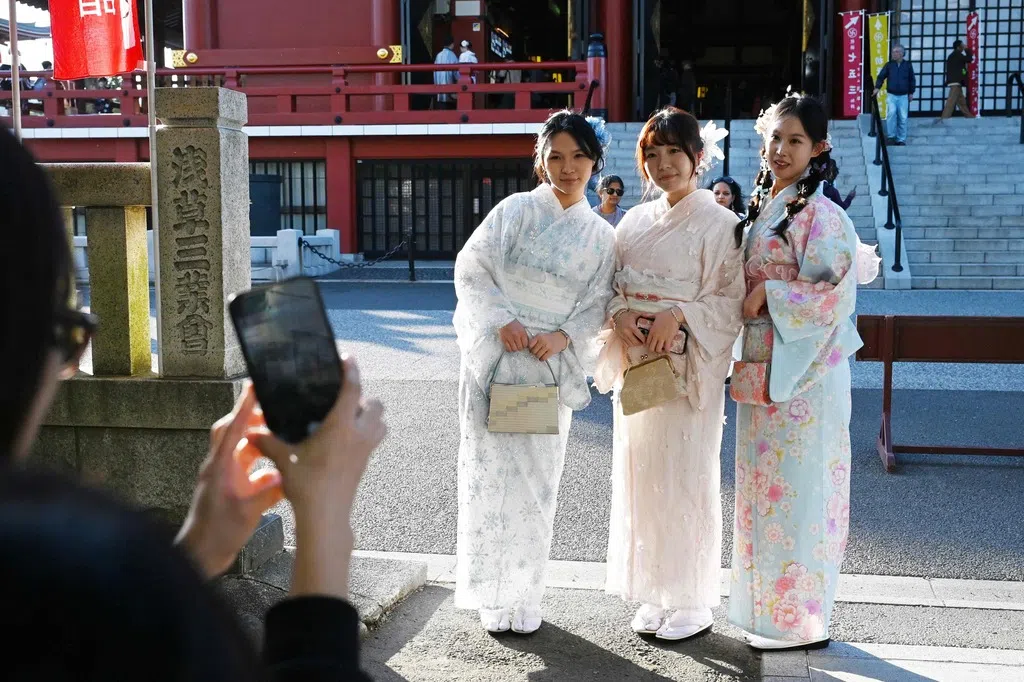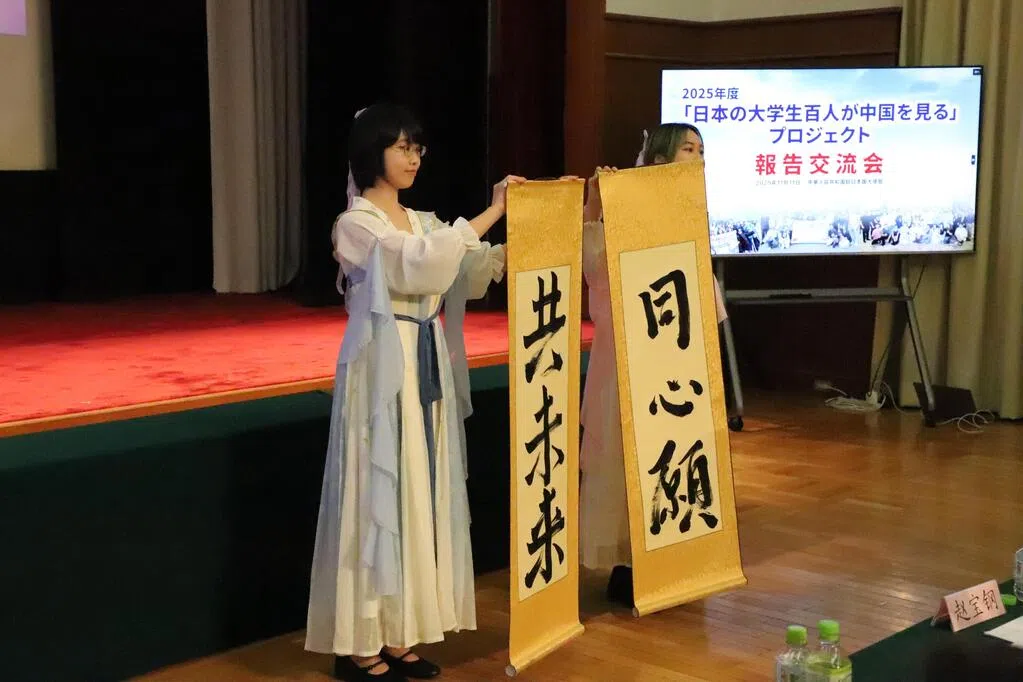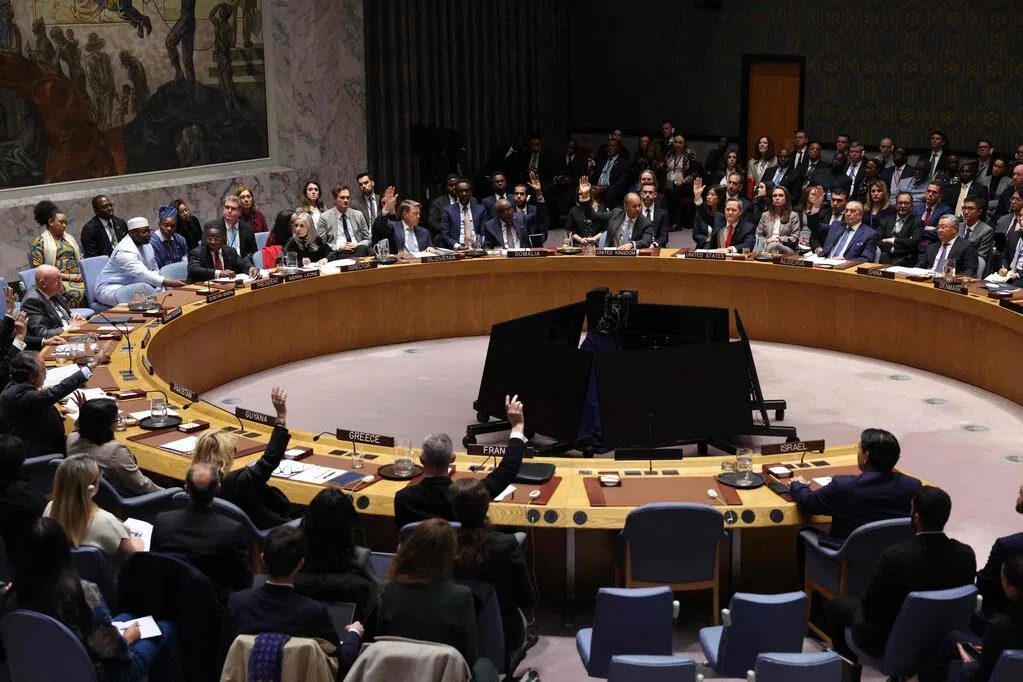Japanese Prime Minister Sanae Takaichi's remarks regarding Taiwan have led to a continued deterioration in Sino-Japanese relations. The Chinese government has urged its citizens to avoid traveling to Japan, while Japan is also concerned that domestic rhetoric in China could endanger the safety of its citizens.
On Monday evening (November 17), the Japanese Embassy in China issued a security warning to Japanese citizens in China, urging them to be highly vigilant when out and about, avoid contact with suspicious individuals, and travel in groups whenever possible to ensure their safety. The statement also specifically advised caution when traveling with children.
Japanese Cabinet Secretary Minoru Kihara stated, "In light of recent reports concerning Japan-China relations (China), the Japanese Embassy in China reiterates its appeal to Japanese citizens in China to take adequate security measures."
Japan has also increased its military vigilance. According to a statement released by the Japanese Ministry of Defense on the X platform on November 17, a suspected Chinese drone flew between Yonaguni Island and Taiwan on Saturday, November 15. The Japan Air Self-Defense Force's Southwest Air Defense Force scrambled fighter jets in response. Yonaguni Island is Japan's closest outlying island to Taiwan.
In response to the escalating confrontation between Japan and China, the Japanese business community hopes for peaceful dialogue between high-level officials of both countries.
Further Reading


According to reports, Prime Minister Sanae Takaichi met with Japanese business leaders at the Prime Minister's Office on Monday. While the meeting did not cover Japan-China relations, leaders of economic groups unanimously expressed their hope for a stabilization of Japan-China relations in their subsequent interviews with reporters.
Keidanren Chairman Yoshinobu Tsutsui stated, "Many Japanese companies operate in China. Both sides should engage in constructive dialogue to seek solutions." Ken Kobayashi, Chairman of the Japan Chamber of Commerce and Industry, pointed out, "The Japanese and Chinese economies are inextricably linked; we should bridge this gap through a mutually beneficial relationship."
However, voices of confrontation emerged within the Japanese government on Tuesday. Minister of Economy, Trade and Industry Norimi Onoda, speaking at a press conference, expressed dissatisfaction with the Chinese government's call for Chinese citizens to avoid traveling to Japan, saying, "Over-reliance on a country that immediately resorts to economic coercion when angered is risky."
She also used this incident to emphasize that Japan cannot be overly dependent on China in its supply chains and tourism industry. While maintaining economic operations, it is necessary to consider how to mitigate risks.
This political confrontation between China and Japan has clearly impacted people-to-people exchanges between the two countries. According to a travel agency in Fukuoka specializing in providing tour guide services for Chinese tourists, some Chinese customers are considering canceling their December trips. A baseball-themed event promoting exchanges between Chinese and Japanese children is planned for February 2026, but the response from the Chinese side has been to carefully consider the itinerary. A Fukuoka tourism operator lamented, "It's truly sad that the intergovernmental dispute has affected exchange activities."
The end of the year is peak tourist season, and Fukuoka, known as the "Gateway to Asia," is expected to have more than 10 cruise ships from China docking at its port by the end of the year. A local city official expressed concern about the political storm, saying, "Currently, we haven't received any cancellation notices, but it's unclear what kind of impact this will have."
According to statistics from the Japan Tourism Agency, the number of mainland Chinese tourists visiting Japan in 2024 reached 6.98 million, a year-on-year increase of 187.9%. In the first nine months of this year, nearly 7.5 million mainland Chinese tourists visited Japan. It is estimated that Chinese tourists spend 8.1 trillion yen in Japan, accounting for approximately 21% of total spending, making them the largest overseas consumer group.
Furthermore, Japan is also concerned that China's retaliatory measures may escalate to the trade level.
According to the Asahi Shimbun, Japan is worried that China will impose stricter export controls on rare earth elements. Rare earth elements are key materials for Japanese automobiles, electrical appliances, and semiconductors. In 2010, after a collision between a Chinese fishing boat and a Japanese Coast Guard patrol vessel near the Diaoyu Islands, China banned rare earth exports to Japan.
China currently controls more than 90% of the global rare earth market. A senior official at Japan's Ministry of Economy, Trade and Industry stated, "This could happen at any time."
Japan's Minister of Economy, Trade and Industry, Ryoma Akazawa, said at a press conference on Tuesday (18th), "China's continued export controls are having a serious impact on the global supply chain. We will closely monitor the situation and cooperate with relevant countries to make demands when necessary."



